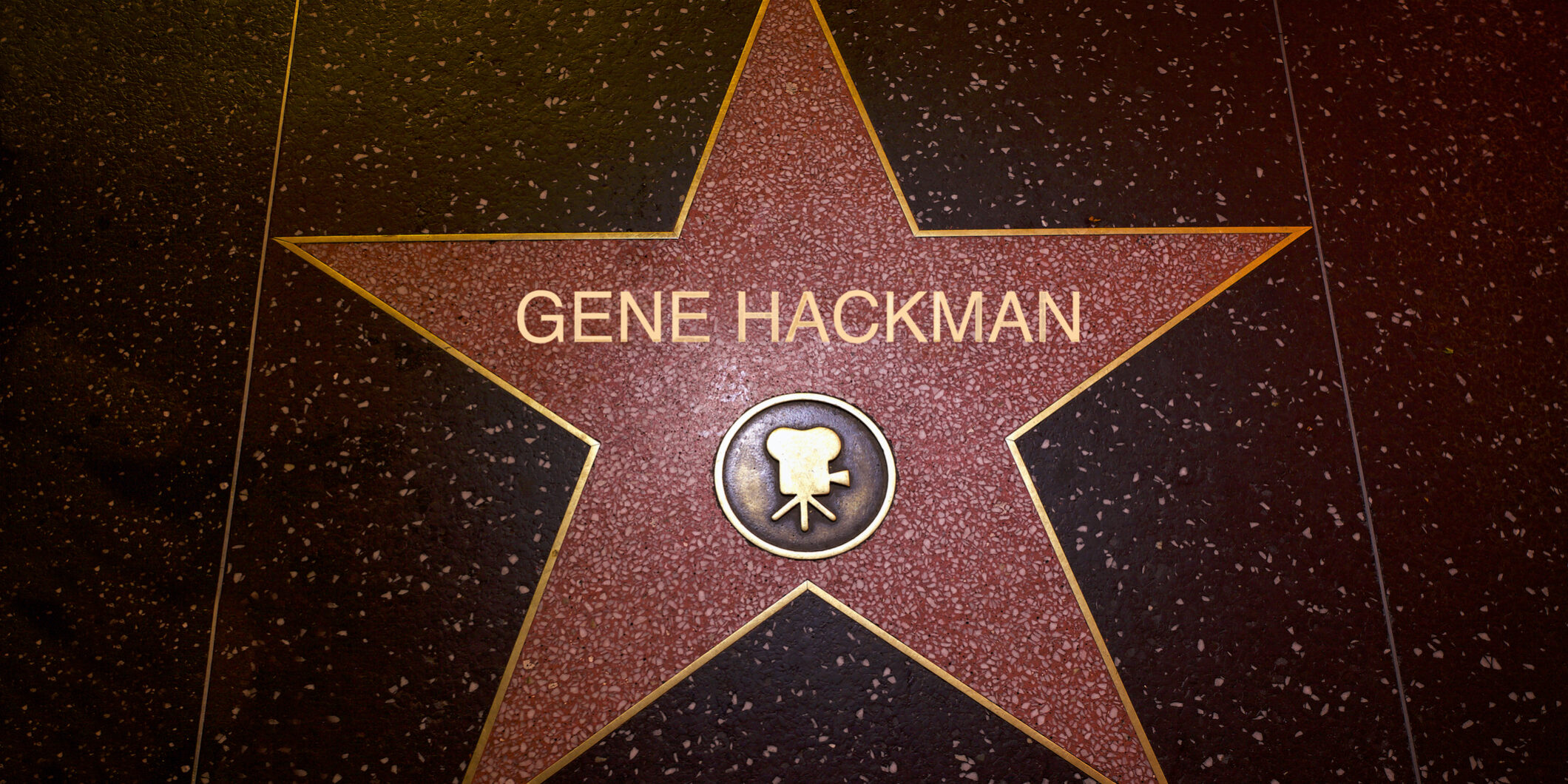I know this may seem like a harsh message to hear but I think it’s very important as we think of ourselves as caregivers and our loved ones who require that care, so I wanted to write about how we all need each other, caregivers most of all!
It’s haunting—the image of a confused Gene Hackman, the 95-year-old Academy-Award-winning actor, roaming his house for a week while his wife lay dead in the bathroom and their crated dog was slowly dying of dehydration.
After his wife, Betsy Arakawa, 65, passed away suddenly from a virulent virus, did Hackman ever see her on the ground, yet, due to his advanced Alzheimer’s, find himself unable to process what had happened? Did he hear his dying dog whimpering and not know how to help? Why did no one come to check on him during that week or the eight days that elapsed after his death before worried maintenance workers called for assistance?
The questions are innumerable and each one leads to a sad reality. Hackman and Arakawa did not have a robust group of connected friends and relatives to check on them or support them in an emergency. Their deaths are a clear reminder that every caregiver needs a support system, and no one should try to do the job alone.
Like Arakawa, many caregivers have can-do spirits. While she was likely suffering from the hantavirus, she was also going around town doing errands with no idea of the mortal danger both she and, as a consequence, her husband was in that day. If she had known, she would certainly have found a way to get help. By the time she did know, it was too late.
So, what can we do as caregivers to ensure that there is a broad and deep network of people to provide assistance to both ourselves and our loved ones? Here are some ideas.
1) Remind Yourself of Reality
You can’t do it all. No one can, and, when we try, we make both our worlds and our loved ones’ worlds smaller and less vibrant. Imagine an extreme circumstance like Hackman’s and Arakawa’s. What would happen if out of the blue, all of a sudden YOU, the caregiver, were struck with a devastating health condition and could NOT physically function or communicate with anyone? Would your loved one still be okay? Would they be able to get help? If not, would someone arrive to check on them within 24 hours? Do you have enough safeguards in place to provide for them in an emergency?
2) Establish Safeguards
If you didn’t have a clear positive answer to the questions above, what can you do? Maybe you could recruit one or more friends, neighbors, or relatives who would welcome a brief call or text every morning and/or evening to let them know all is well. That way, if they don’t receive your communication, they will know that they should stop by to check on you. Systems like Medical Guardian, LifeFone, and MobileHelp can help, but don’t only consider your loved one with these systems. Keep in mind that caregivers may need their own system, since their loved one may be too incapacitated to help if a sudden illness or accident strikes their caregiver instead of them.
3) Improve Connections
Regular activities can also provide support, such as a physical therapist or nurse who pops by each week. Weekly appointments or luncheon dates outside the house can also provide check-in opportunities while also maintaining and building relationships. The point is that we all need to stay connected. Those connections are who we can rely on in an emergency and even for addressing the ups and downs of daily life, so don’t neglect them with everything else you have to do. Cultivate friendships with neighbors, so that you can look out for each other. Make sure to go out regularly and have a friend, relative, or paid caregiver take care of your loved one, so that your loved one also has multiple relationships to buoy them. Consider who your loved one could rely on if something happened to you. We all need each other, and you’ll usually find that every friendship you make will be a blessing that will enrich the lives of your friend, yourself, and your loved one.
The point I hope I have conveyed is to please not rely on just one person to oversee the journey a loved one is taking. Stay in touch and have a backup.
Thank you for reading, share with a friend, and be well! -KK
We are grateful to have been helping caregivers in need for over 10 years thanks to the support of the many generous and caring friends who have helped make a difference in so many lives.
Please consider donating to the Kathi Koll Foundation so you can help make a difference in struggling family caregivers’ lives. Thank you!


